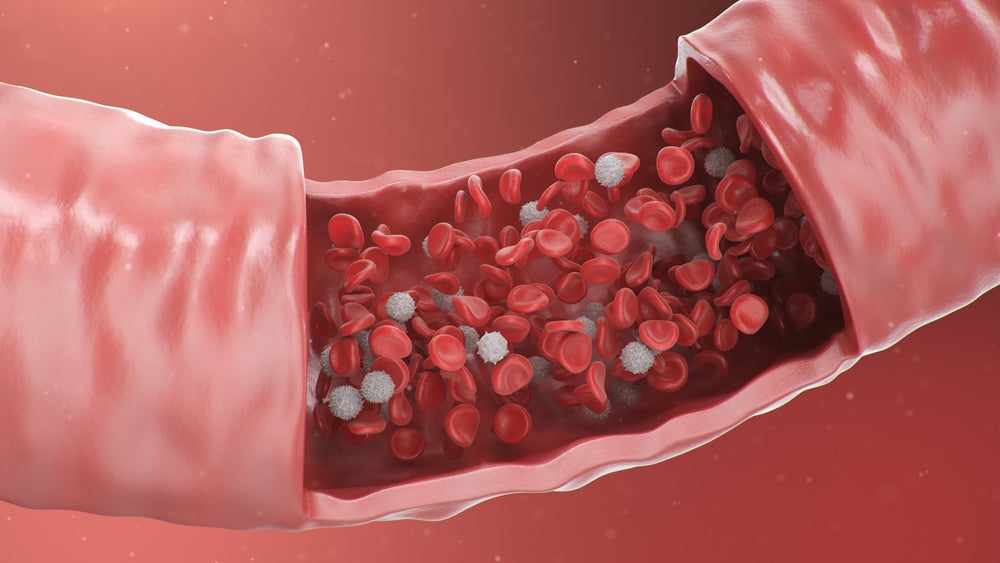
Eli Lilly has reported that its Trulicity (dulaglutide) drug reduced major cardiovascular (CV) events (MACE) by 12% in the REWIND trial involving type 2 diabetes mellitus patients.
MACE was measured as a composite endpoint of non-fatal myocardial infarction (heart attack), non-fatal stroke or CV death.
A consistent MACE 3 effect was observed in subjects with and without established CV disease. The reduction in CV risk was maintained throughout the study.
Trulicity is a weekly glucagon-like peptide 1 receptor agonist (GLP-1 RA) intended for improving blood sugar in adults with type 2 diabetes, when used adjunct to diet and exercise.
The multi-centre, randomised, double-blind, placebo-controlled REWIND trial was conducted to compare 1.5mg Trulicity to placebo, when added to standard of care, in 9,901 subjects across 24 countries.
How well do you really know your competitors?
Access the most comprehensive Company Profiles on the market, powered by GlobalData. Save hours of research. Gain competitive edge.

Thank you!
Your download email will arrive shortly
Not ready to buy yet? Download a free sample
We are confident about the unique quality of our Company Profiles. However, we want you to make the most beneficial decision for your business, so we offer a free sample that you can download by submitting the below form
By GlobalDataAll study participants had CV risk factors, but only 31% of them had established CV disease. Primary CV outcome of the study was the first MACE occurrence.
Data showed that all three components of the CV outcome contributed to the significant decrease provided in MACE 3 with Trulicity.
The therapeutic further led to reductions in composite microvascular outcomes, with fewer composite renal outcomes. Additional analysis found reduced renal disease progression in patients treated with Lilly’s drug.
Furthermore, the drug was found to decrease A1C across the trial from a median baseline of 7.2%, when compared to placebo.
The drug’s safety profile was observed to be consistent with that of the GLP-1 receptor agonist class, with most common adverse events that led to therapy discontinuation being gastrointestinal related.
Lilly Incretins global development leader Brad Woodward said: “Detailed results from our landmark REWIND trial demonstrate a cardiovascular benefit in a more representative population of people with type 2 diabetes.
“These data suggest Trulicity can help physicians and people with type 2 diabetes better manage blood glucose and cardiovascular risk over the long-term.”
The company submitted the study data for review by both the US and European regulatory authorities.








